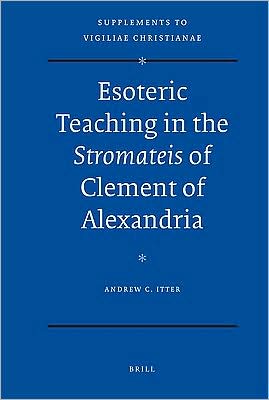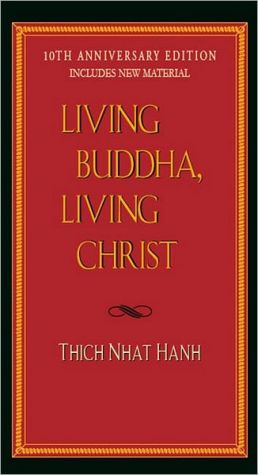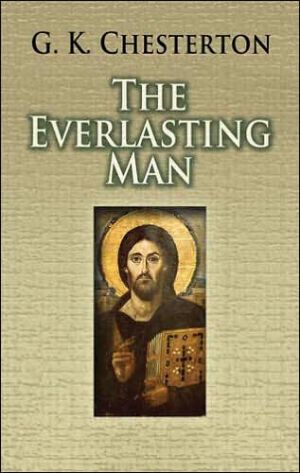Esoteric Teaching in the Stromateisof Clement of Alexandria
The Stromateis of Clement of Alexandria (c.150-215 CE) has received much scholarly debate over whether it can be accorded the role of the third and highest phase of his pedagogy. This was a treatise that promised an account of the true philosophy of Christ set down for Christians seeking higher knowledge of doctrine. This book takes a new approach to deciphering the nature and purpose of these enigmatic books concentrating on the close relationship between method and doctrine, and the number...
Search in google:
This book takes a new approach to deciphering the nature and purpose of the Stromateis of Clement of Alexandria. It provides a concise summary of current scholarship on his method and how he applies it to the transmission of esoteric doctrines.
List of Diagrams xiiiAcknowledgments xvAbbreviations xviiAbbreviations for Clement's Works xixNote on Translations xixIntroduction 1Part 1 MethodChapter 1 Teaching, Learning and Writing in Second and Third Century Alexandria 71.1 Background: The Alexandrian Paideia 71.2 The Problem of the Stromateis and the Didaskalos 151.2.1 Osborn 171.2.2 Méhat 211.2.3 Fortin 231.2.4 Lilla 271.2.5 Ferguson 271.2.6 Roberts 281.2.7 Le Boulluec 291.2.8 Kovacs 301.3 Conclusion 31Chapter 2 The Number and Sequence of the Works 332.1 Introduction 332.2 Writing and Teaching 352.3 The Soteriological Sequence 372.3.1 The Jewish Model 392.3.2 The Mystagogy 432.3.3 The Greek Christian Model 472.4 The Number and Sequence of Clement's Works 512.5 The Eighth Book of the Stromateis 542.5.1 The Number Symbolism of the Eighth Book 542.5.2 Nautin 592.6 Conclusion 74Chapter 3 Logic and Enigma 793.1 Introduction 793.2 The Tools of Initiation 803.2.1 Logic and Dialectic 813.2.2 Faith and Trustworthiness 873.3 The First Principle 933.3.1 Establishing a Convention 943.3.2 The Logical and Enigmatic First Principle 983.3.3 Into the Light of God 1053.4 Conclusion 108Part 2 DoctrineChapter 4 The Doctrine of Anamnesis 1134.1 Introduction 1134.2 Plato's Phaedrus and Clement's Stromateis 1144.2.1 The Gardens of Letters 1154.2.2 A Childish Pastime 1214.3 The Divine Spark 1244.4 Anamnesis and Baptism 1284.5 Anamnesis and Thanksgiving 1324.5.1 The Bread of Heaven 1324.5.2 The Eclectic Eucharist 1354.6 Conclusion 138Chapter 4 Physiology, Cosmogony and Theology 1415.1 Introduction 1415.2 Physiology 1435.2.1 Creatio ex Nihilo, the Eternity of Matter, and the First Principle 1435.2.2 The Self-Generating God 1505.3 Cosmogony 1565.3.1 The Lord's Day 1565.4 Theology 1645.4.1 Negative Theology: Essence, Power and the Bosom of the Father 1665.5 Conclusion 172Chapter 6 The Doctrine of Apokatastasis 1756.1 Introduction 1756.2 The Unity of Faith and Universal Salvation 1836.3 The Death to Death 1886.4 The Life to Life: The Gnostic Parousia 1946.5 The Gnostic's Role in Creation and Restoration 2006.5.1 The Elect of the Elect 2016.5.2 The Deification of the Gnostic 2046.5.3 The Restoration of the Elect 2076.5.4 The Restoration of Hope 2126.6 Conclusion 214Conclusion 217Bibliography 223Subject Index 229








